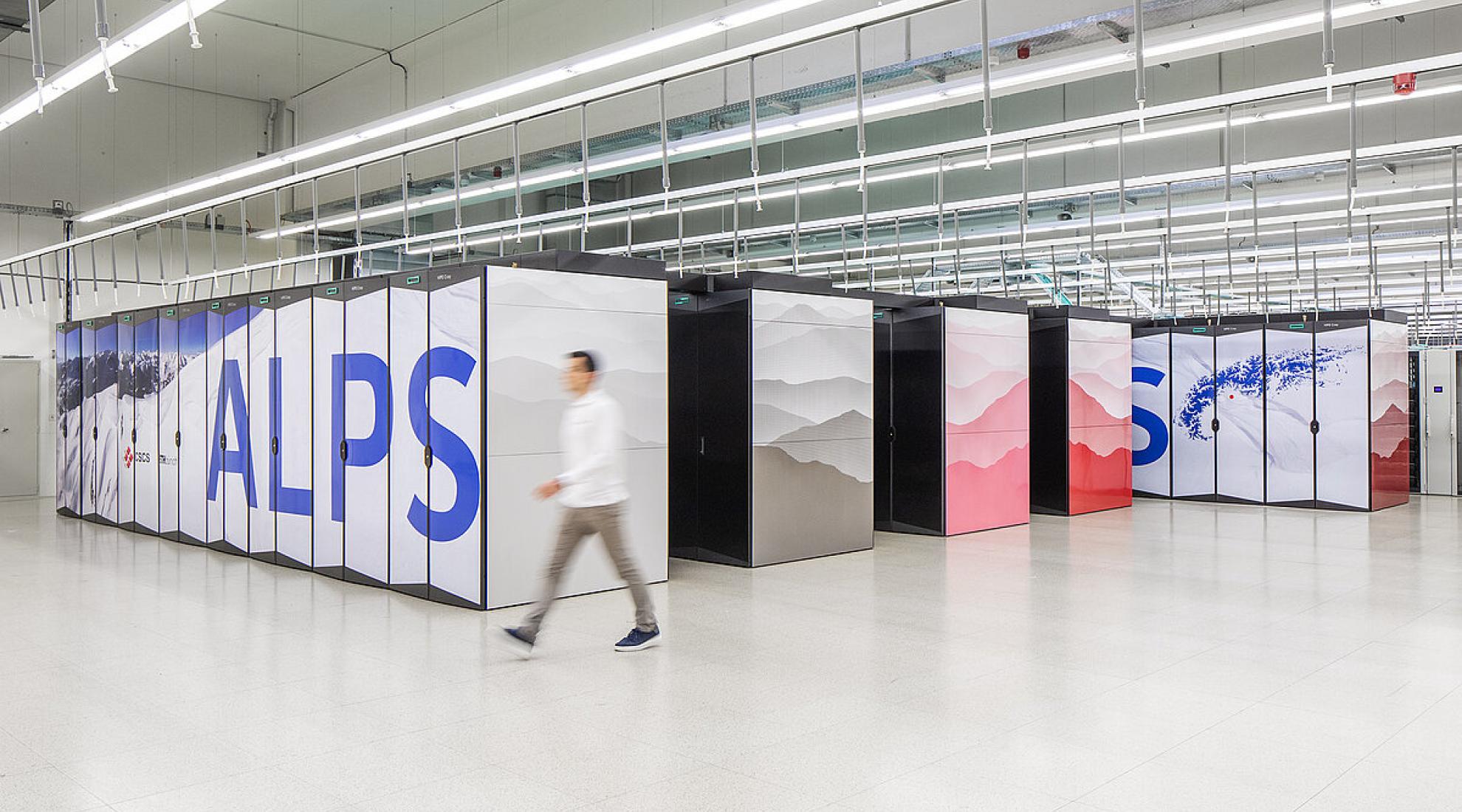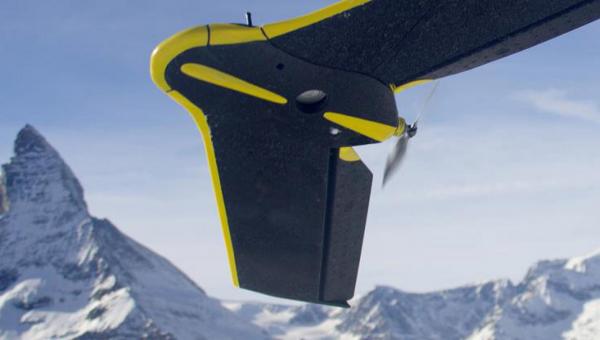Switzerland is home to a new supercomputer

The 'Alps research infrastructure in Lugano.
The new 'Alps' supercomputer is particularly suited to AI applications and ranks among the most powerful computers in the world.
A new chapter in Swiss computing history was written last Saturday in Lugano with the inauguration of Switzerland's new supercomputer, codenamed 'Alps'. It ranks among the fastest computers in the world and is a machine optimised for artificial intelligence like no other. The new supercomputer is a key element of the Swiss AI initiative (read our article). Introduced by ETH Zurich and EPFL to meet the growing data and computing needs of science, researchers at the Swiss National Supercomputing Centre (CSCS) can use it to simulate climate models, test new drug ingredients or gain new insights into the universe, to name just a few applications.
A standard laptop would take 40,000 years to perform the calculations that 'Alps' completes in a day.
6th fastest computer in the world
The supercomputer consists of a cluster of over 10,700 high-performance Nvidia computer chips. Each one is about 4,000 times faster than a modern smartphone. In total, the system can perform 270 trillion operations per second. This places it 6th in the current ranking of the world's fastest computers.
More accurate weather models
Development of the new supercomputer at the CSCS began in 2019. The launch of 'Alps' offers many new opportunities, and a place in a cluster of the new supercomputer is in high demand. In addition to MeteoSwiss, which is already able to provide its weather models with a much higher resolution, and the Paul Scherrer Institute, a research centre for natural and engineering sciences, various research projects have already applied for computing power. A committee of experts from various scientific disciplines decides who can use the supercomputer and when.




